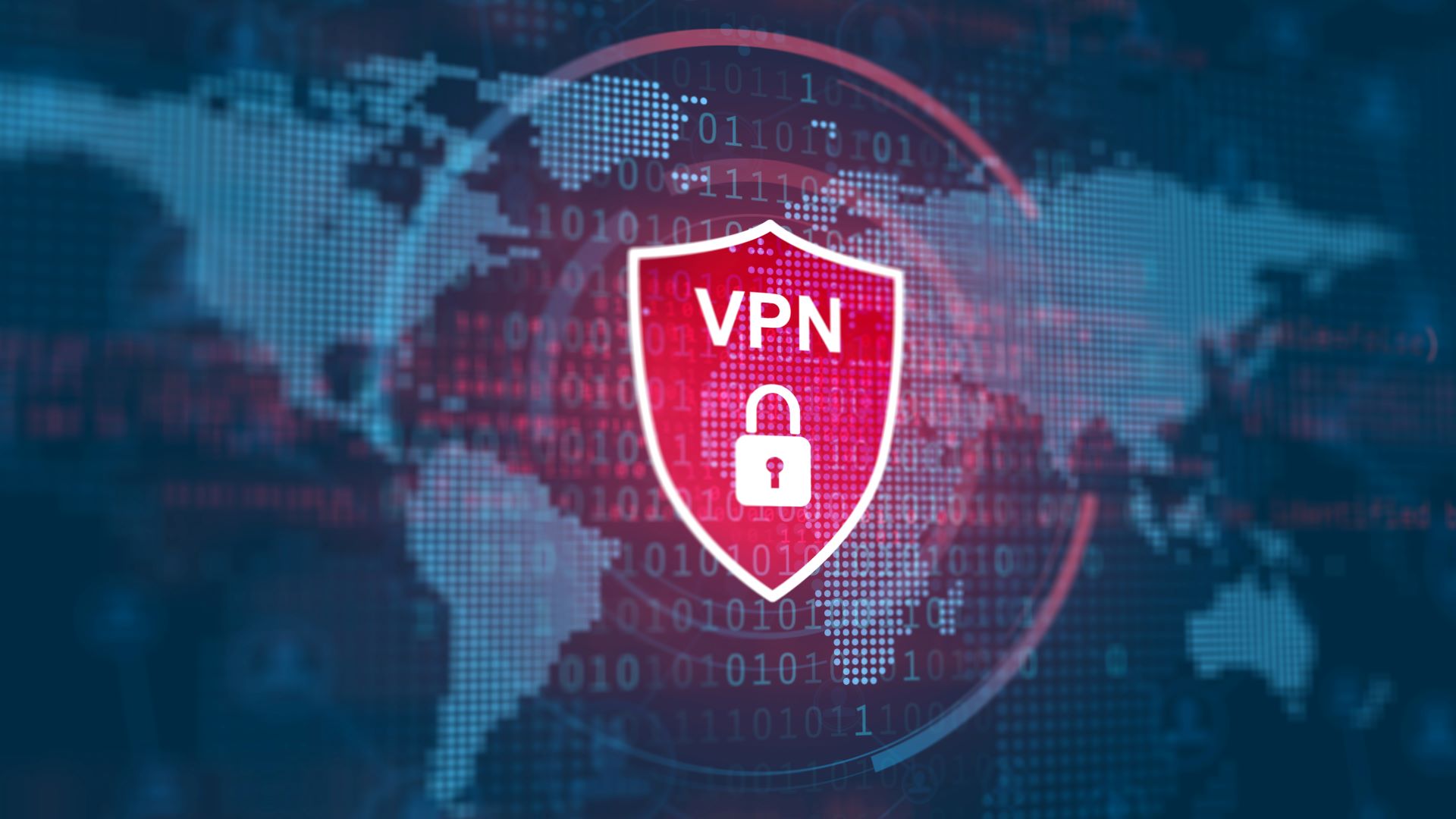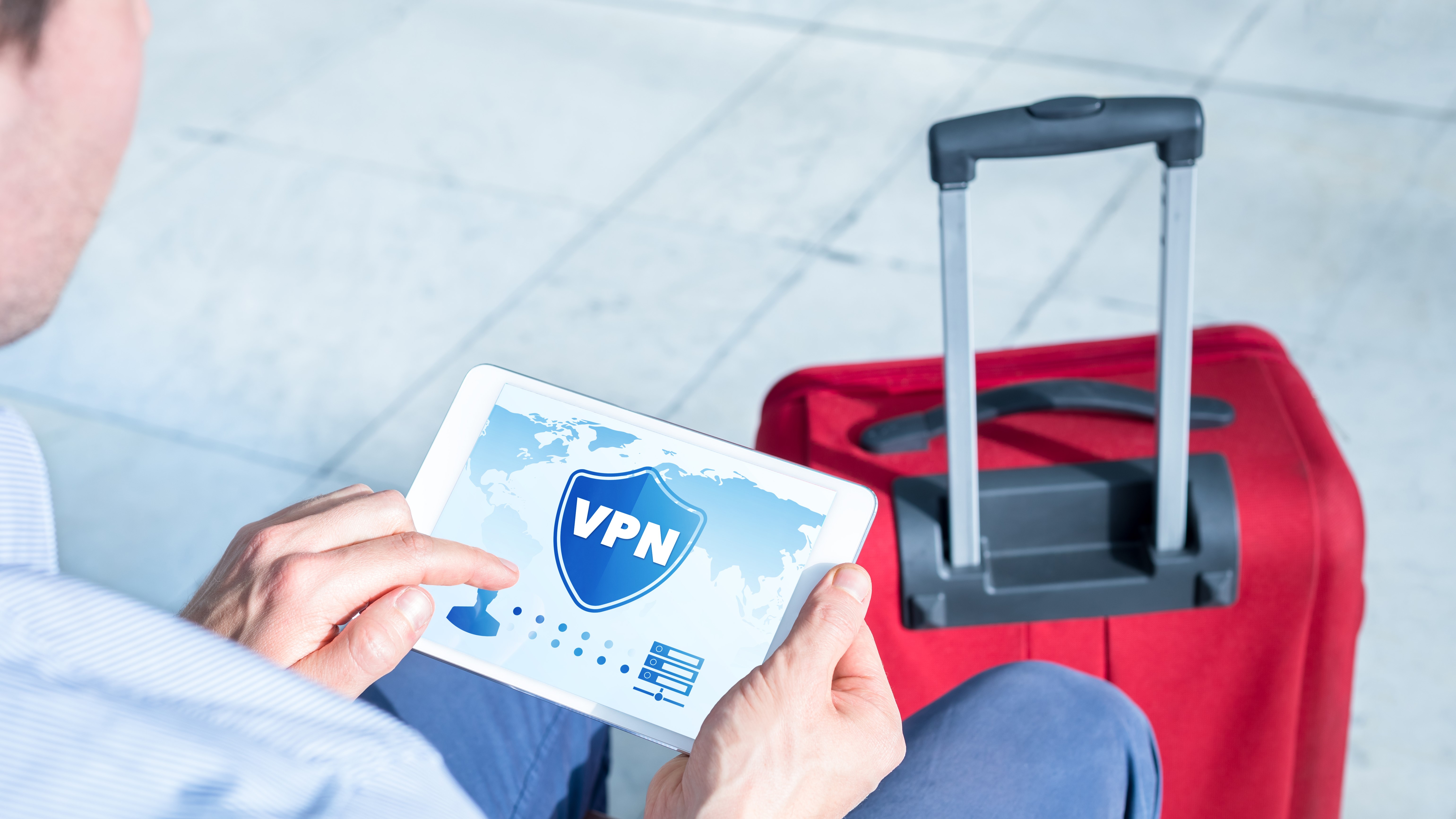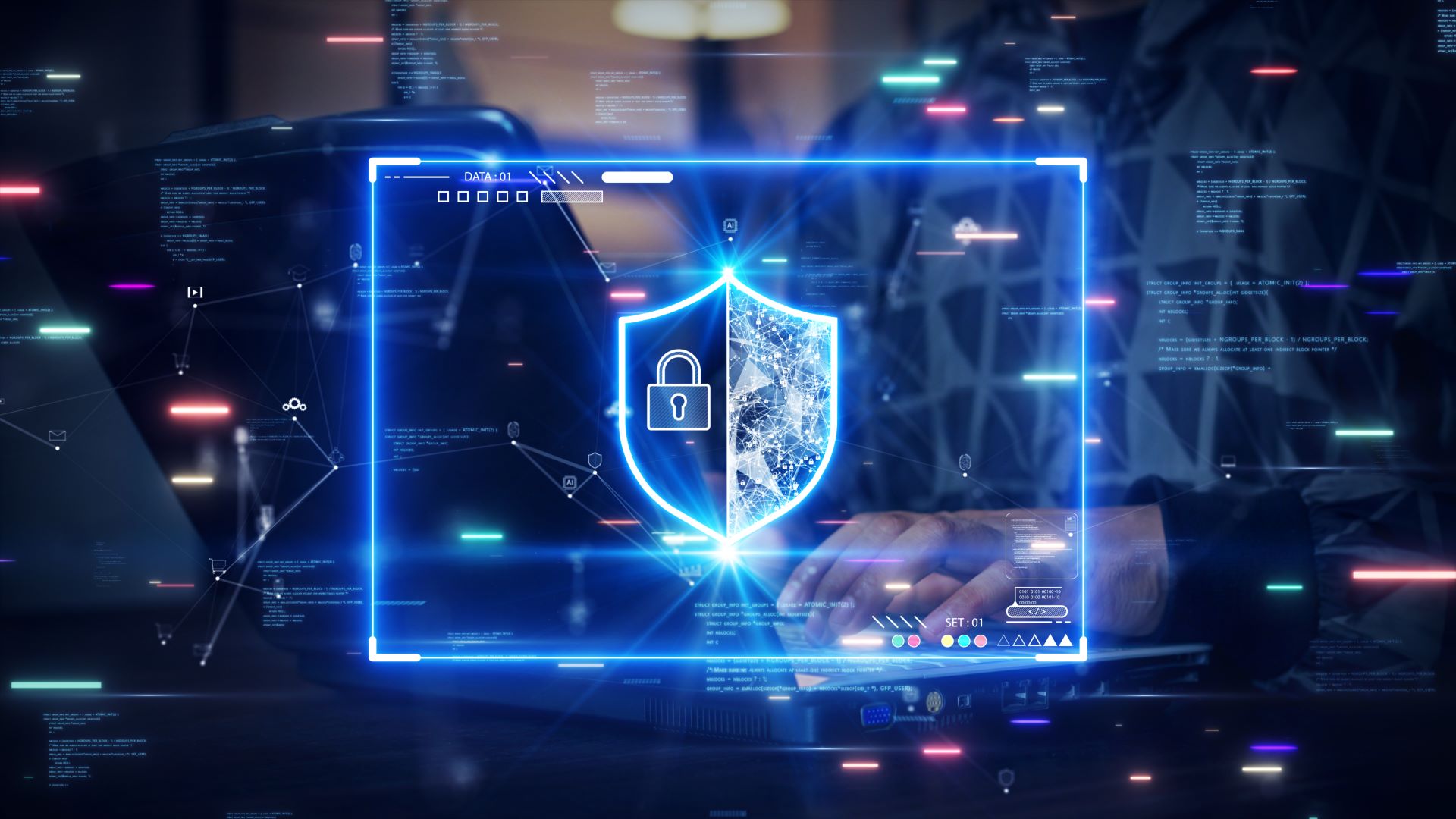Can you really have a "proxy VPN"?
Many so-called "proxy VPNs" are popping up, but are they legit?

If you're anything like me, and you keep an eye out for all the new VPNs on the block, you may have noticed more and more new VPN services popping up.
While many of them make big claims, like being the best VPN available, the fastest VPN around or the most secure VPN on the market, a good handful of them are also claiming to be "VPN proxies".
If you're not as well-versed in all things VPN, you may not realise why this is a resounding red flag, and a warning that these are certainly not the best VPNs. In this article, we'll explore why this is, so you can quickly discern if a VPN is promising something it can't deliver on.

What is a VPN?
A VPN, or virtual private network, is a handy piece of software that hides your data from prying eyes by encrypting your internet connection. VPNs can also give you access to regional content and content blocked in your region by spoofing your location.
VPNs work by encrypting your internet traffic before it leaves your device, and sending it through a secure tunnel that no one can see into. Not only does this protect your data from being snooped on, but it also gives you the ability to spoof your location to anywhere around the world just by connecting to a server in that country.
This helps you access geo-restricted content, whether this is inside your country or outside it, as it will appear to the sites and services you're using as though you are in a different country altogether.

What is a proxy?
While proxies and VPNs are similar, and work in similar ways, they are still distinct type of software. If you're looking for a VPN, a proxy will not be able to deliver in the way that you want it to.
Sign up to get the BEST of Tom's Guide direct to your inbox.
Get instant access to breaking news, the hottest reviews, great deals and helpful tips.
Proxies, like VPNs, can hide your browsing data from your internet service provider (ISP). However, unlike VPNs, there is no encryption involved, and your data is just routed through an intermediary server rather than through an encrypted tunnel.
When a VPN routes your traffic through an encrypted tunnel, this means that your browsing information is kept completely hidden. However, if your data is routed through a server unencrypted by a proxy, this exposes your data to the proxy. If data privacy is a big factor for you, then a proxy is not the right technology for you.
As with VPNs, you can spoof your location and access geo-locked content by using a proxy by changing your IP address. However, as we explained before, this data will be exposed to the proxy, meaning you could risk being found out if your browsing violates any terms of service or laws.
In general, proxies simply offer IP address changes and data routing, whereas the best VPNs often come with added extras like password managers or other cybersecurity tools to keep you extra-safe online.

Why is there no such thing as a proxy VPN?
Put simply, "proxy VPNs" cannot exist because a proxy and a VPN are different, distinct pieces of technology.
While they share some similar functions (like location spoofing), a proxy will not secure your data in the same way that a VPN can. This means that if your "VPN proxy" is actually a VPN, then your data would (in theory) be safe. If it's actually just a proxy masquerading as a VPN, then you will not have the same protection as the encrypted connection as a VPN.
I say "in theory," because I cannot recommend downloading any "VPN proxies." At best, they are most likely not as effective as other, better VPNs, and at worst they may leak or steal your data or even infect your device with malware.
If you are looking for the our top-rated VPNs, check out our VPN buying guide for an in-depth review of all the best services on the market.

Olivia joined Tom's Guide in October 2023 as part of the core Tech Software team, and is currently VPN Commissioning Editor. She regularly uses VPNs to make sure they deliver what they promise, and specializes in testing VPNs with streaming sites.
